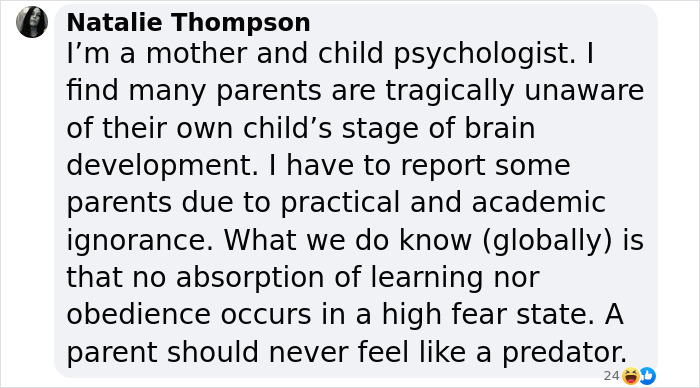Netizens worldwide have been praising a mother in eastern China for giving her son a taste of his own medicine by pouring water on him in the same way he did to his classmates at school.
The video, shared by the parent on Douyin (China’s version of TikTok), has been viewed 6 million times and shows the boy standing outside their apartment, pleading for his mother to stop as she repeatedly douses him using a small basin.
“Didn’t you say this was fun?” she asked, referring to the boy’s preferred method of pranking others: throwing water and milk cartons from a higher floor.
“This is true parenting,” one user wrote, echoing the sentiments of thousands who felt the punishment was justified, while others believed it to be too humiliating and extreme.
Netizens praise a Chinese woman for pouring water on her son publicly in the same way he did to his schoolmates
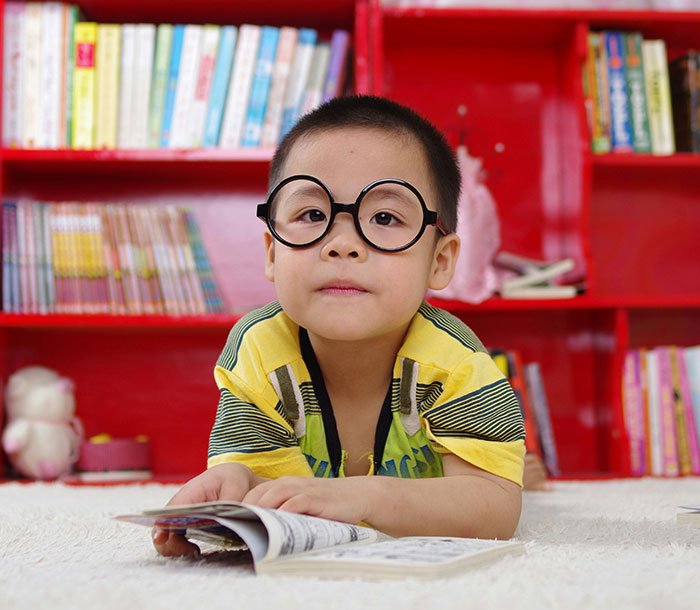
Despite the kid’s protests and complaints about how cold the water was, the mother was unrelenting, determined to teach her son empathy.
“No more!” the child cried.
“Did you think about how the kids downstairs felt when you threw water at them?” the mother replied, only stopping once she felt his remorse was genuine.
Teachers from the school called the parent, who goes by @lanxichen on Douyin, and asked her to discipline the boy for pranking other students. In the clip, the mother explained that her intention was to help the boy understand how it felt to be on the receiving end of his pranks.
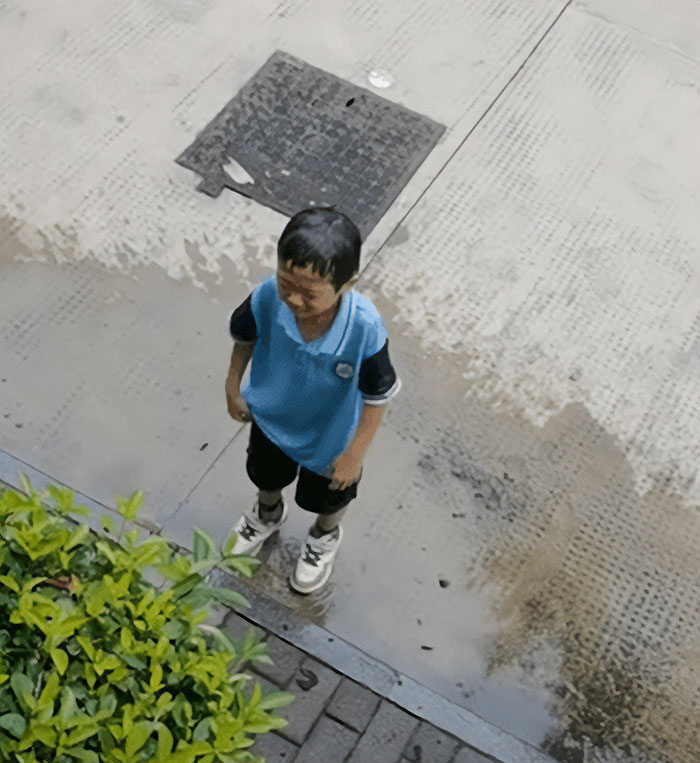
“This is the best method I’ve seen,” one viewer said. “The mother was not venting her frustration but calmly teaching her son through experience and reason.”
On the other hand, some users felt the punishment could easily backfire if the boy took the wrong lesson out of it and decided instead to escalate his naughty behavior.
“What if next time he thinks tossing stones at people is fun?” another argued. “Will you then throw rocks at him?”
Disciplining kids through physical punishment is as much a cultural issue as it is an economic one, as experts believe the related trauma causes dysfunction in their lives as adults
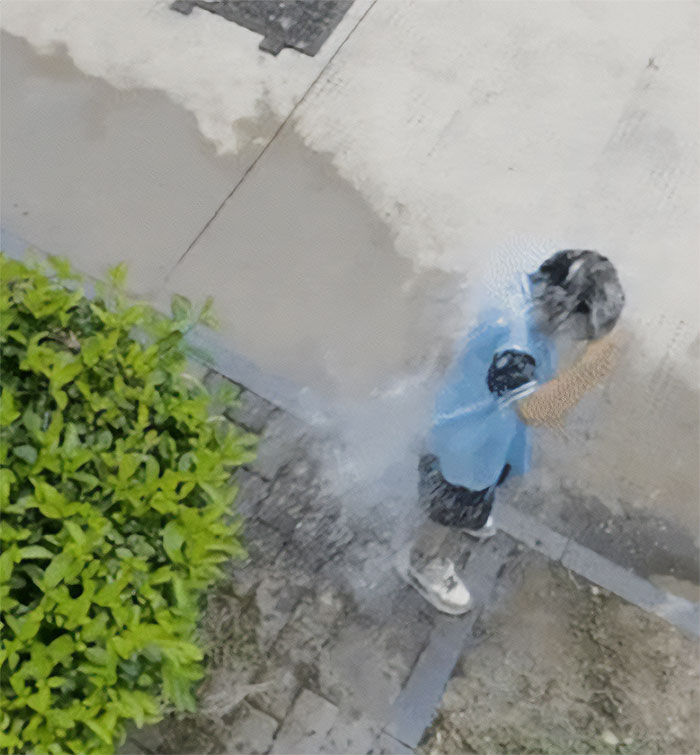
The physical “education” of children is a prevalent issue in China that is deeply ingrained in the nation’s culture and history.
A joint analysis by scholars from China, Switzerland, Australia, Scotland, and the US estimated that around 27% of children under 18 years of age have suffered physical abuse.
The paper concluded that child maltreatment was so common that it had noticeable economic losses due to the psychological distress affecting their adult life performance.
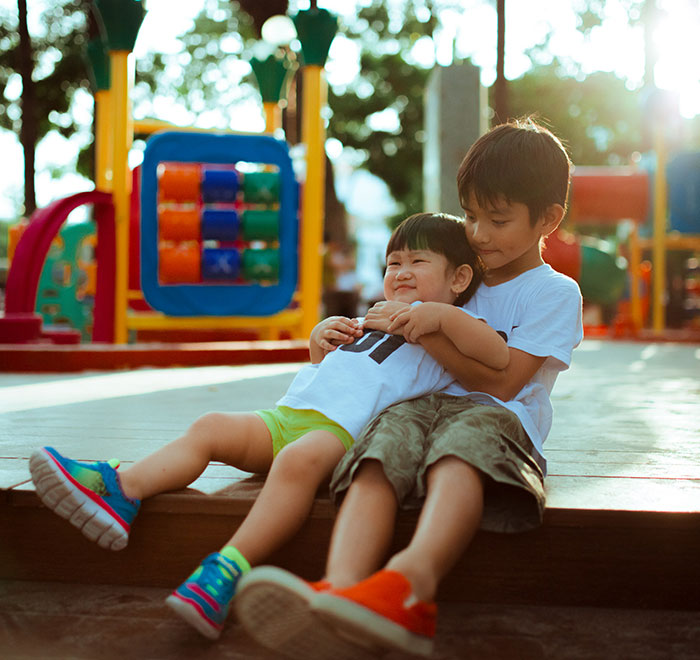
A thesis by the Polytechnic University of Hong Kong points out that the educational method is known in Chinese culture as “dama jiao yu,” or hitting-and-cursing, and it notes other cultural sayings associated with it.
“Bang da chu xiaozi” translates to “the rod makes an obedient son.”
“Da shi qin, ma shi ai” means “beating is caring and scolding is love.”
While a minority of users criticized the mother for repeatedly pouring water on her son in public and then uploading the punishment to social media for millions to see, most viewers were pleased with her handling of the situation, believing it to be an effective way to parent the boy.
Studies state that while physically punishing a child might scare them into compliance, it doesn’t address the root causes of the behavior and might lead to problems in the future
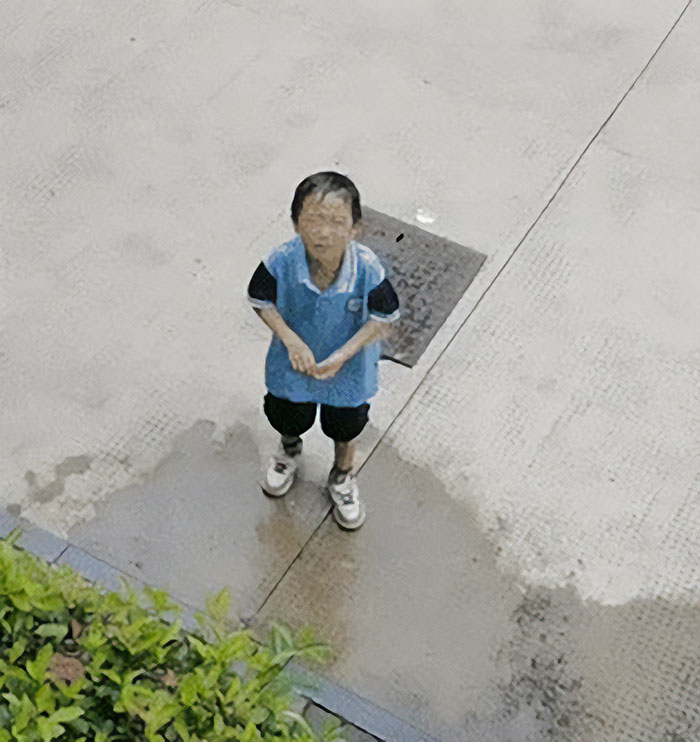
Experts have concluded that while physical punishment may provide short-term control over a child’s behavior, it might cause long-lasting effects on their development, with links found between it and delinquency, aggression, and spousal assault in later life.
At the same time, a study by the University of Manitoba states that there’s no conclusive evidence that physical punishment enhances children’s developmental health.
“[It] plays no useful role in their upbringing and poses only risks to their development,” wrote Joan Durrant, PhD, in her paper. “The conclusion is equally — parents should be strongly encouraged to develop alternative and positive approaches to discipline.”
Despite these warnings, the video was mainly received positively, with some viewers defending the mother from commenters who believed she was being “too harsh.”
“Nobody loves kids as much as their mothers. She was doing this for his own good,” one user wrote.
“If you don’t teach your children properly when they are young, society will teach them when they grow up,” another stated.
Netizens from outside China also congratulated the mother for her method, believing it to be an effective way of teaching the boy a lesson
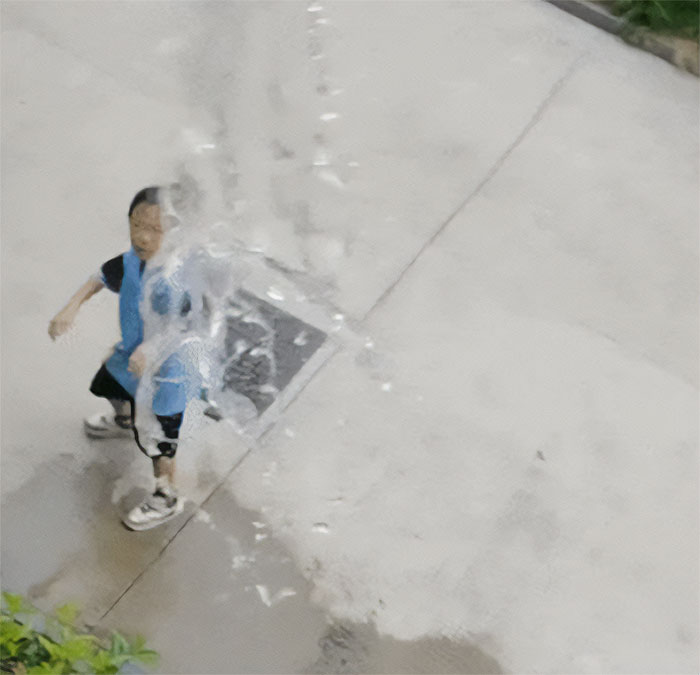
“To each their own. The mother is not punishing for the sake of punishment but gives her son a taste of his own medicine,” one argued.
“Good for her. It’s fine if it isn’t hot water. It’s better to teach him now,” another said.
“That’s genuine 80s-style parenting. Taste your own medicine. Good on you, mum,” wrote one reader.
Others pointed out that pouring water on the kid and publicizing punishment was unnecessary.
“I get what she was trying to do, but what kind of lesson is this? To me, it seems like you’re just disrespecting your child,” one stated.
“It’s just a bit of water. It’s not like it’s boiling or anything,” another replied. “It’s good for the kid.”
“I don’t think this is the right method,” wrote one user, as others joined in to debate the merits of the mother’s punishment


